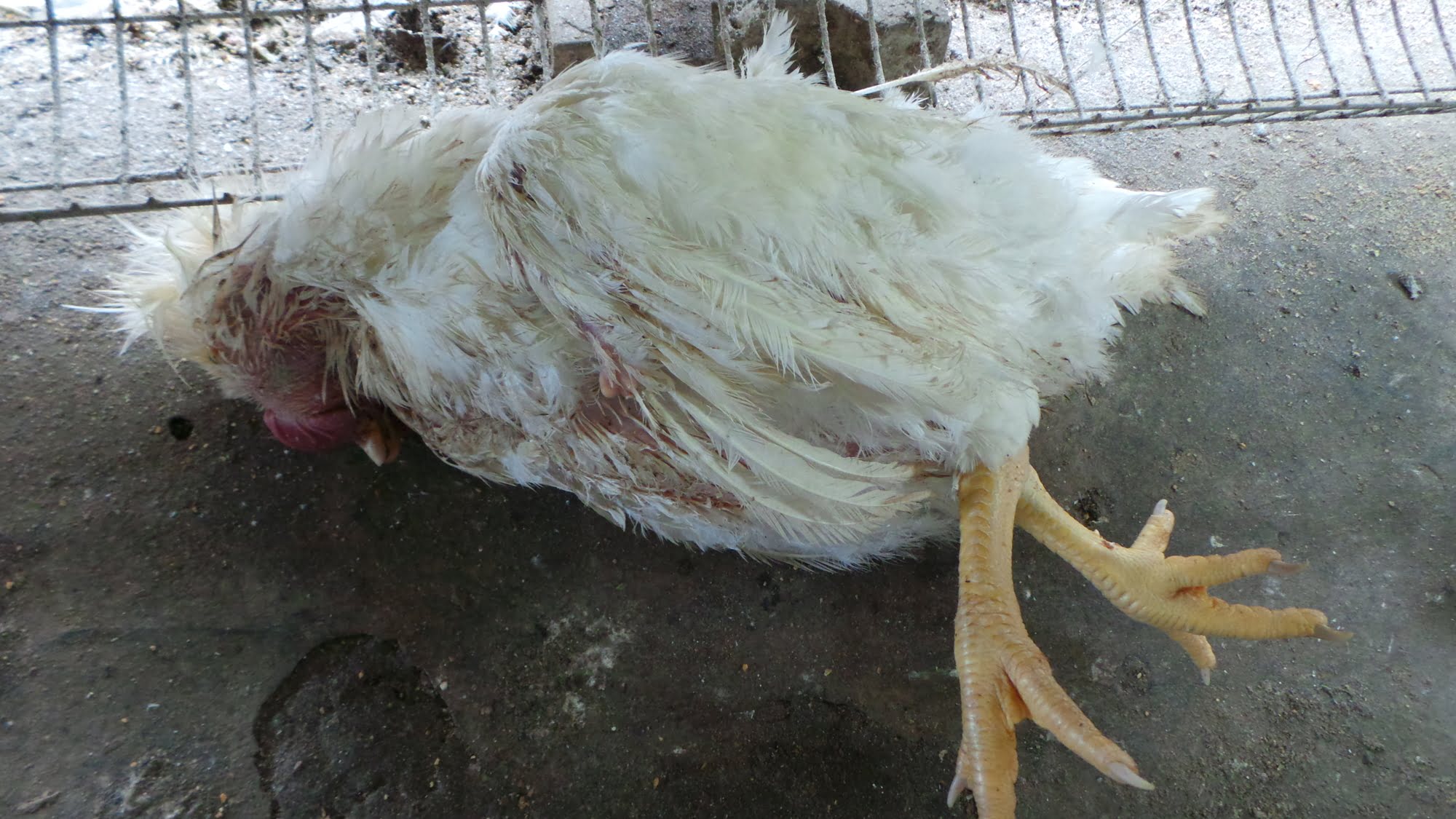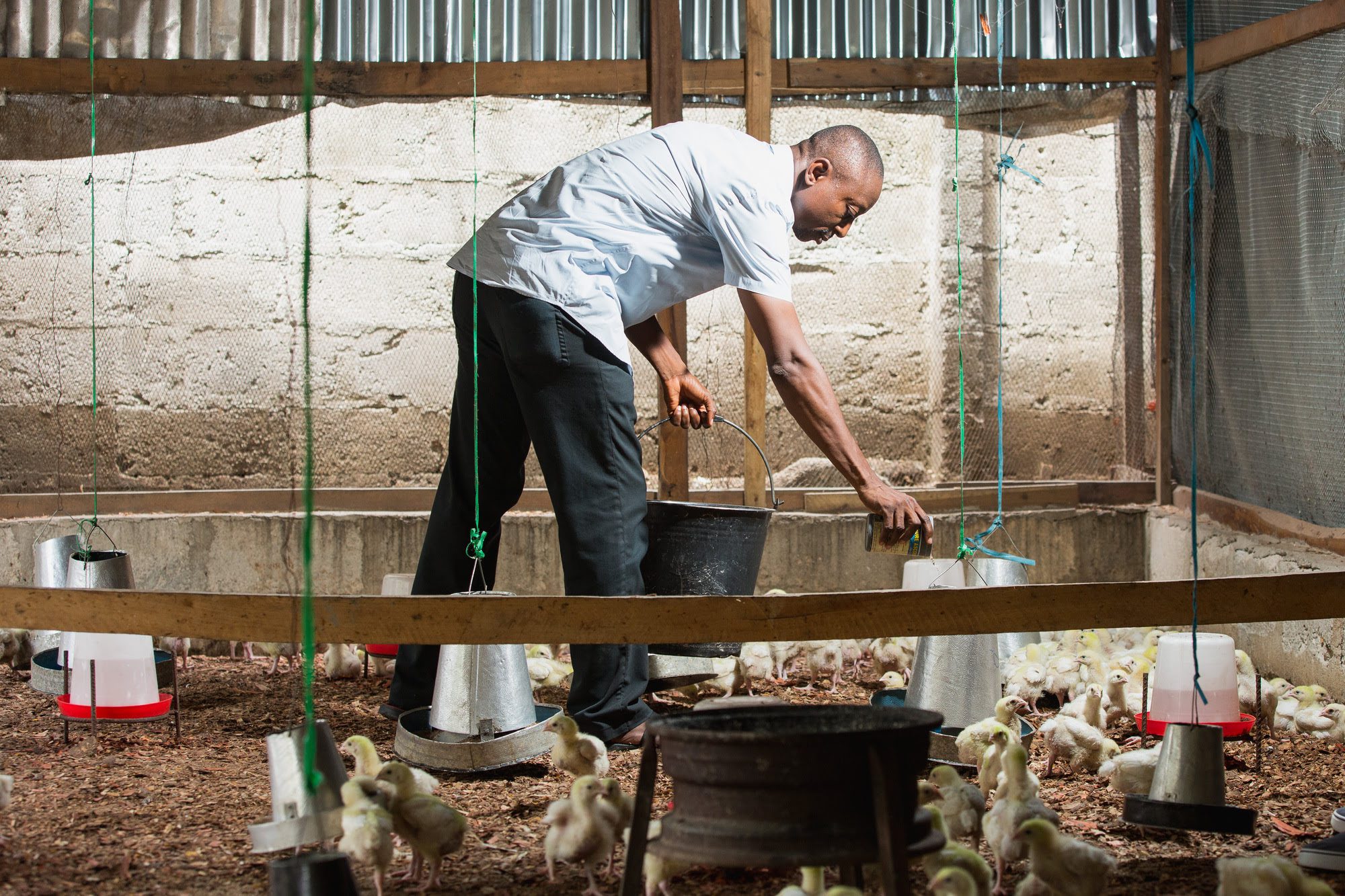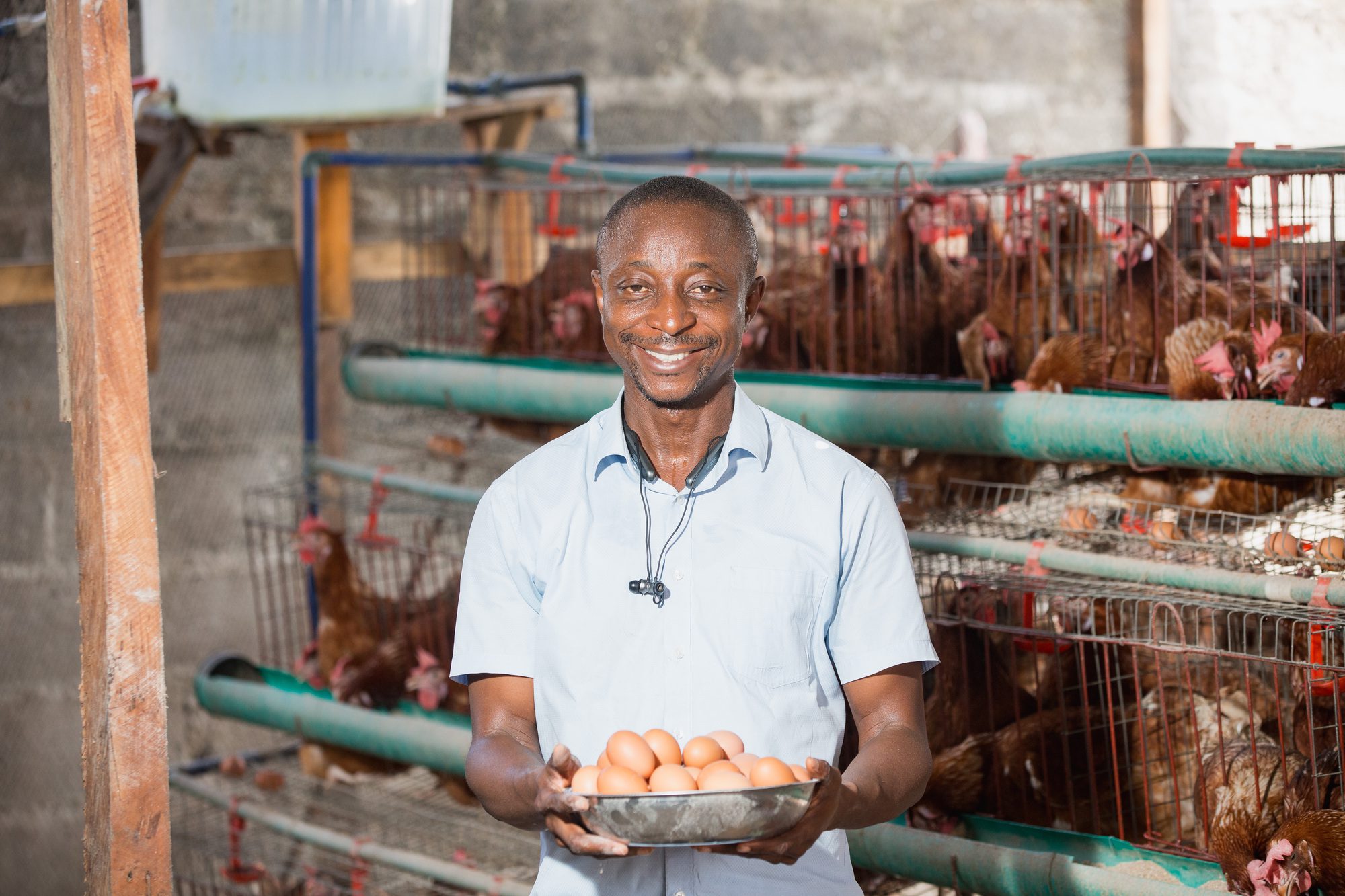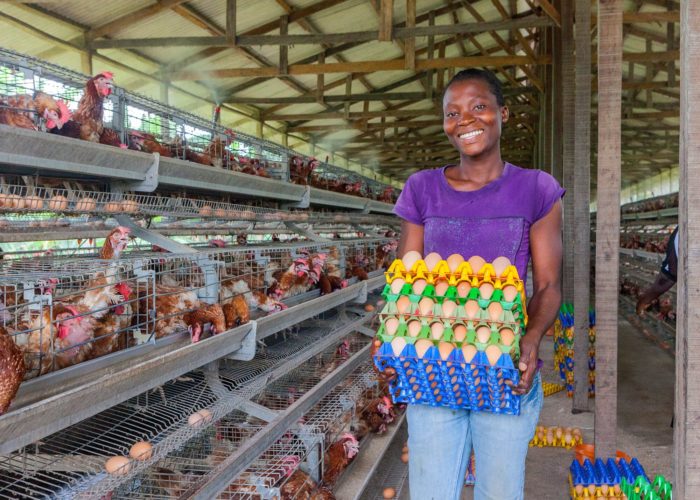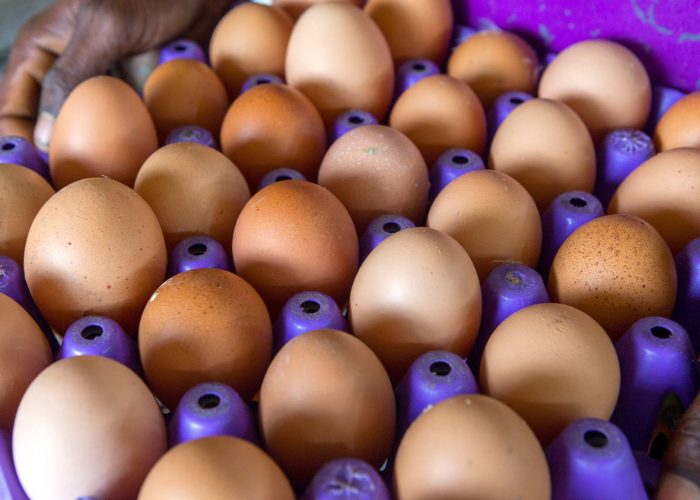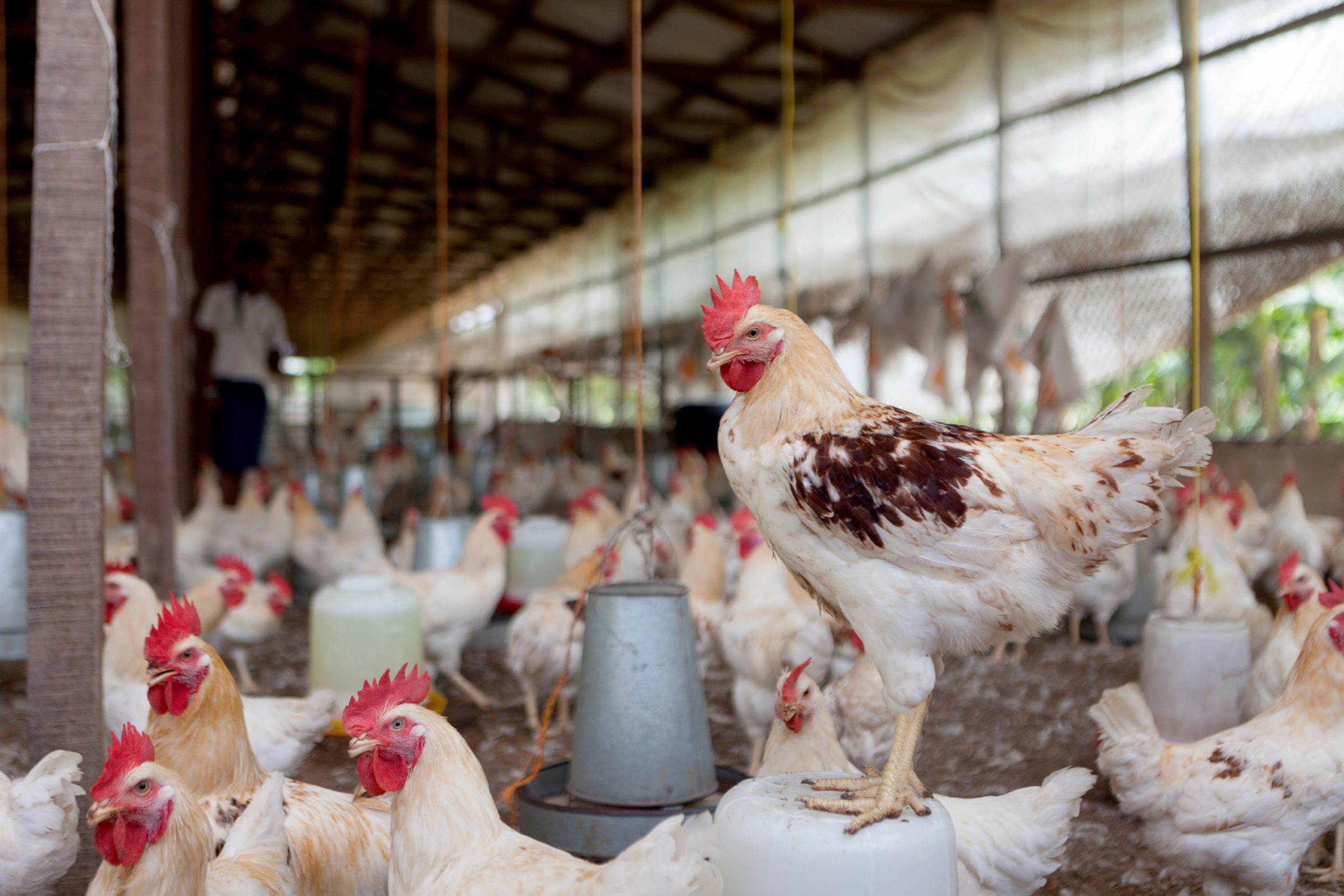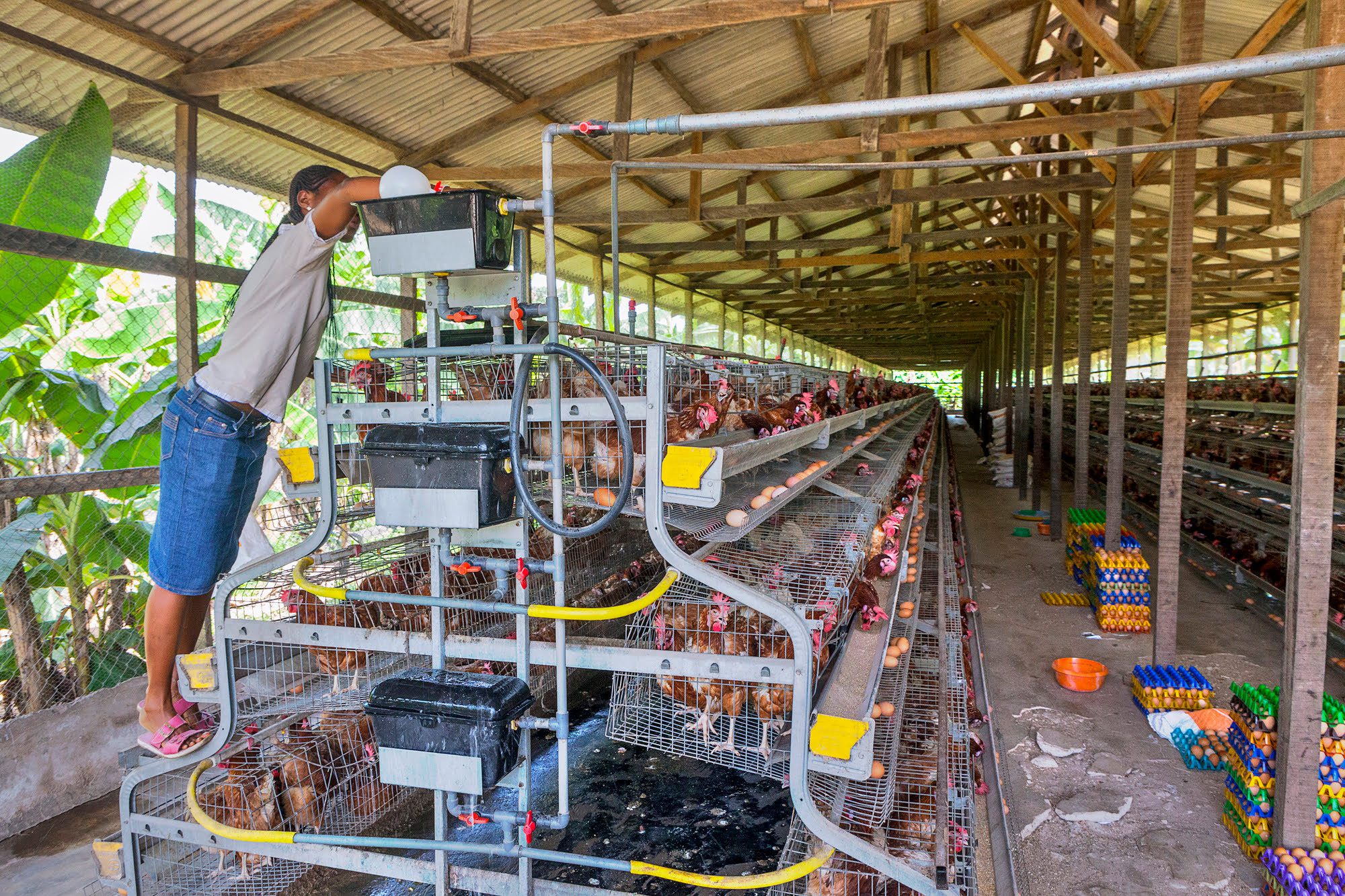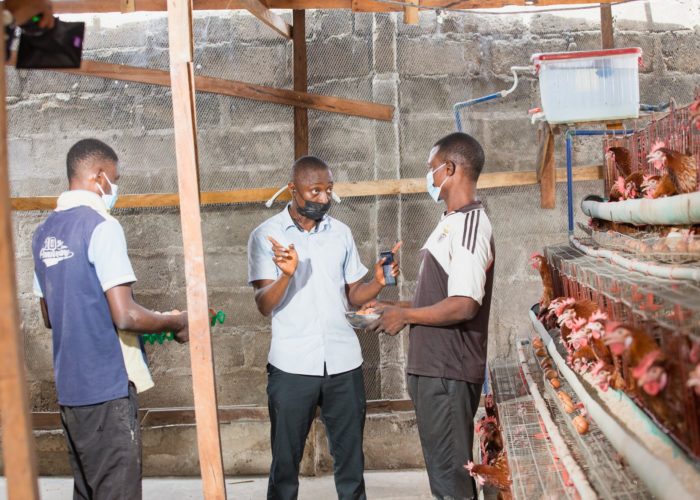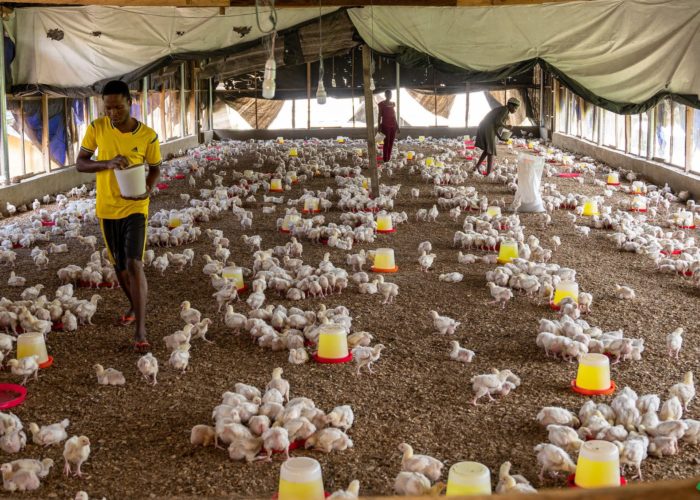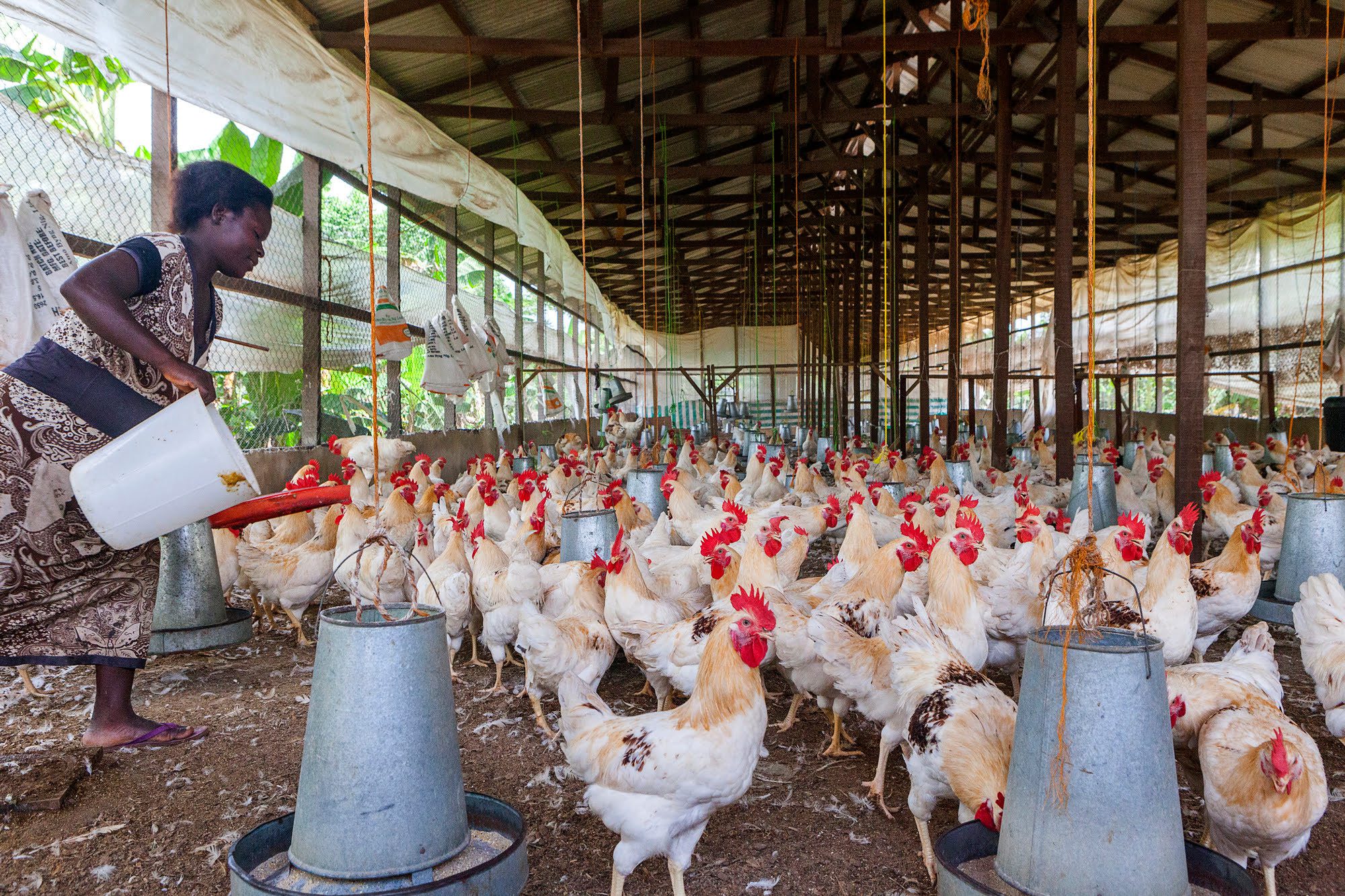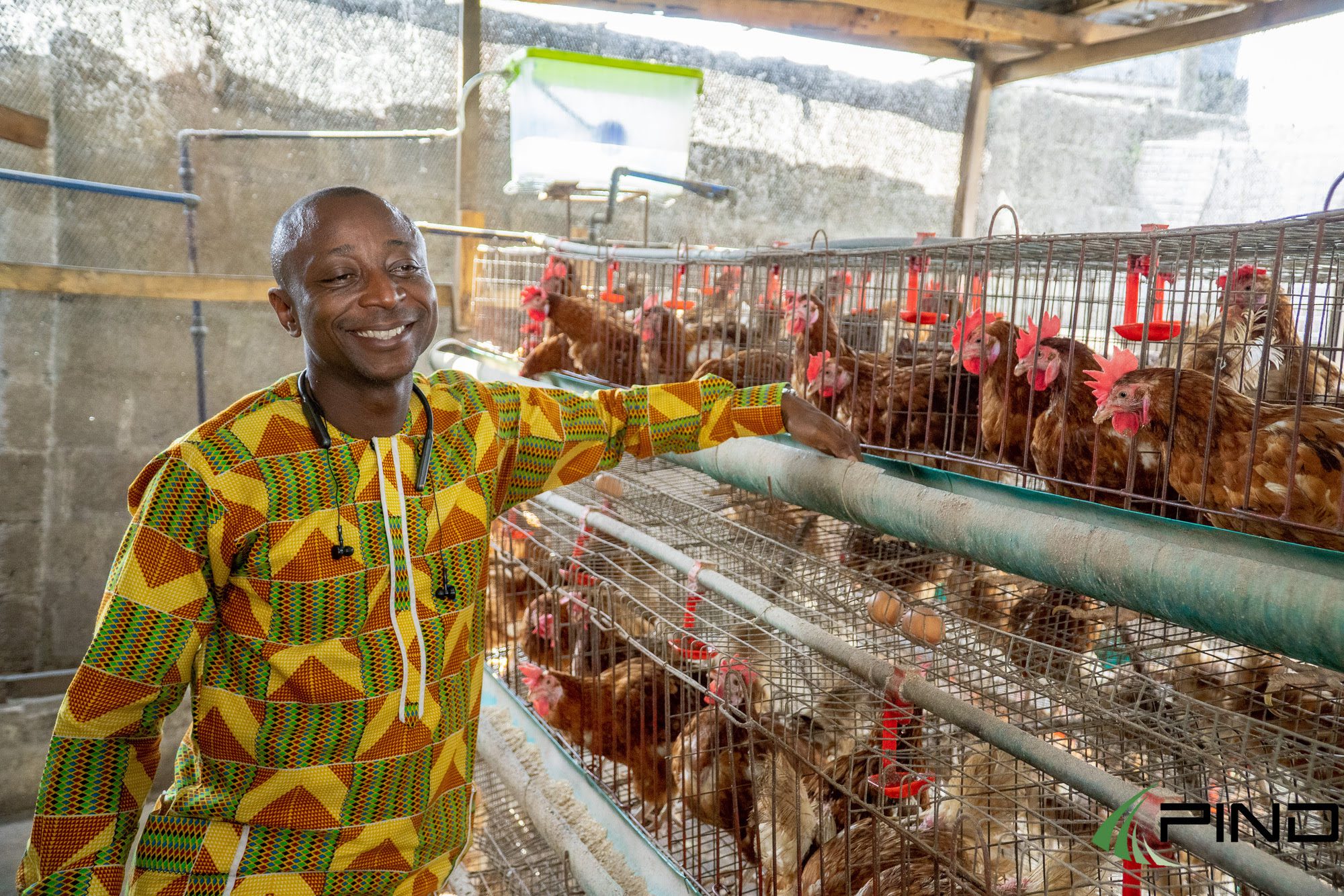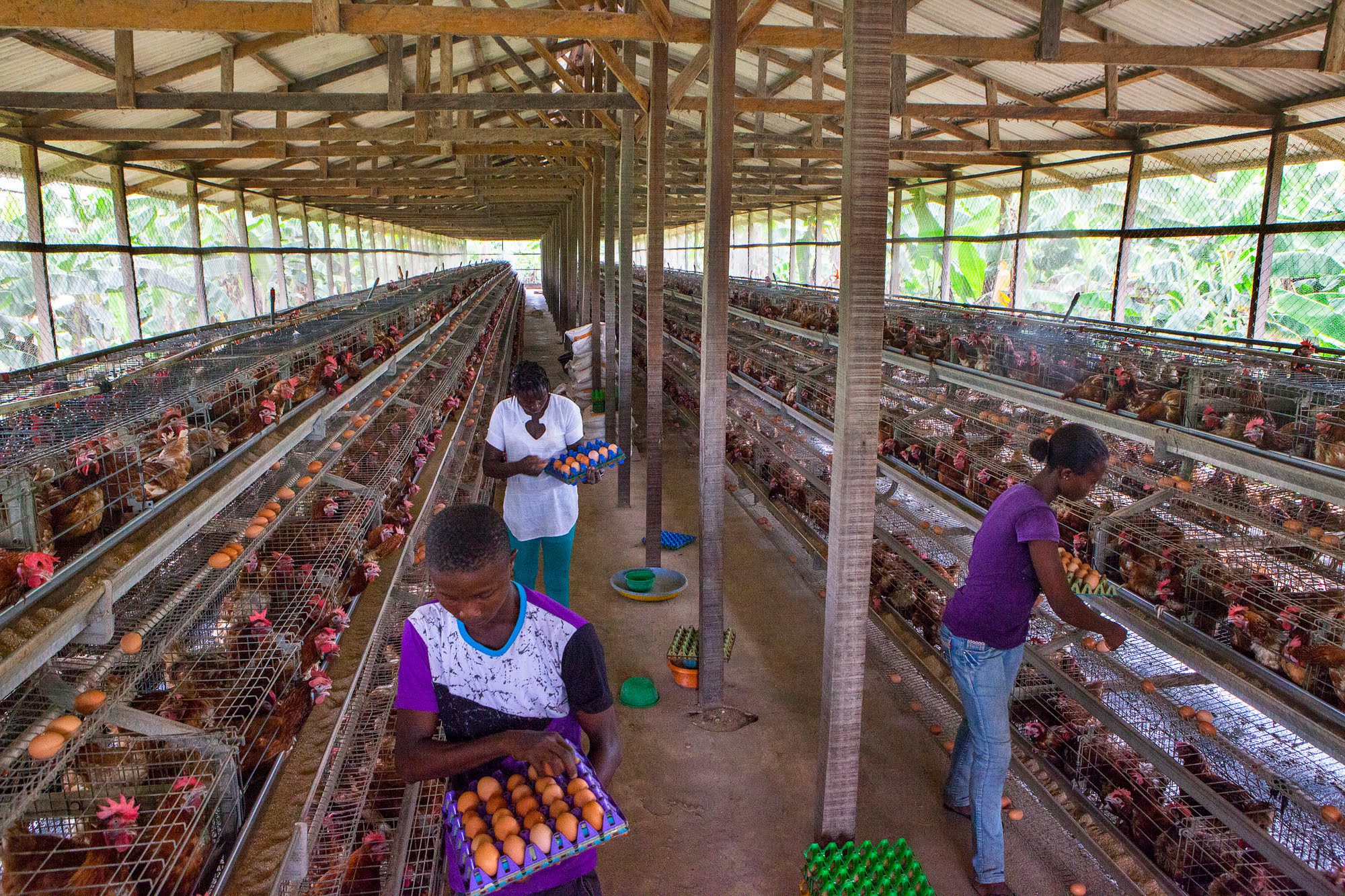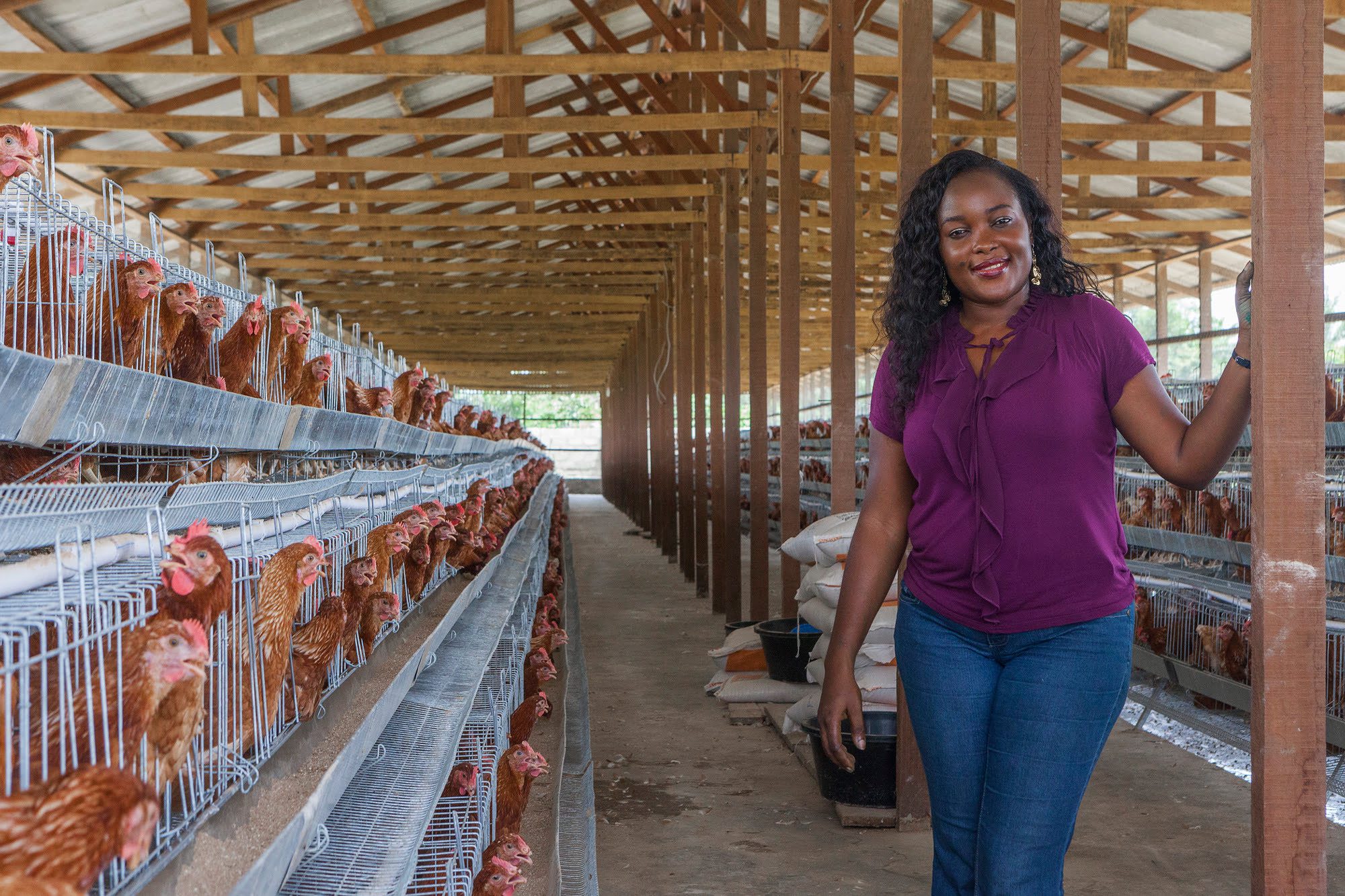The poultry industry is a crucial and viable subsector of the Nigerian agricultural sector, contributing 20-25% of the agricultural GDP and providing employment for approximately 20 million people, both directly and indirectly. However, the poultry sector faces persistent challenges, particularly the threat of infectious diseases that can devastate poultry stocks and undermine economic stability.
Diseases like Newcastle disease and Avian Influenza jeopardize poultry health and threaten the livelihoods of small-scale farmers. These unpredictable outbreaks often compound economic vulnerabilities, leaving smallholder farmers unable to access quality poultry vaccines due to financial constraints or vaccine scarcity. Recognizing the importance of poultry farming in supporting livelihoods and ensuring food security in Nigeria’s Niger Delta region, the Foundation for Partnership Initiatives in the Niger Delta (PIND) has taken significant steps through its Poultry Value Chain program to address key challenges.
Since its adoption in 2018, PIND has embarked on a multifaceted approach to strengthen the resilience of smallholder poultry farmers and improve access to crucial resources and inputs, particularly quality vaccines. Central to this effort is PIND’s collaboration with vaccine suppliers, and village-level dealers (VLD), ensuring that affordable vaccines reach the hands of small-scale poultry farmers who often struggle with access to quality vaccines and financial constraints.
Equally crucial are the training programs facilitated by PIND through its poultry service providers (PSPs), which empower farmers with essential skills in poultry health management, disease prevention, and effective vaccination techniques. These sessions help equip farmers to protect their poultry stocks from disease and also prepare them to adapt to climate change impacts that increasingly threaten agricultural stability.
Beyond technical training, PIND engages in advocacy and awareness campaigns within local communities. These initiatives aim to educate farmers about the benefits of vaccination and promote best agricultural practices in poultry farming. By fostering a culture of proactive disease prevention, PIND helps mitigate the devastating economic losses that outbreaks can inflict on smallholder farmers.
Recognizing the financial barriers that hinder access to essential resources, PIND’s Sombreiro Kapital provides critical support through microloans and financial assistance programs. This financial backing enables farmers to procure vaccines and necessary supplies without compromising their financial capacity, promoting sustainable practices and economic empowerment.
PIND also emphasizes monitoring and evaluation. Regular assessments of the effectiveness of these initiatives ensure that they meet the program’s objectives and continuously improve. This commitment to evaluation allows PIND to adapt its strategies based on real-world outcomes, ensuring that its interventions remain relevant and effective.
Through these comprehensive efforts, PIND’s initiative has enabled 45 PSPs and 15 Village Level Dealers to provide quality inputs, including vaccines, to nearly 30,000 farmers in the Niger Delta. This effort has generated over 7,500 full-time equivalent (FTE) jobs and led to a net income increase of about N8.5 billion, resulting from the enhanced productivity of farmers in the region.
PIND Foundation aims to enhance the sustainability of the poultry sector in the Niger Delta region, improve the livelihoods of smallholder poultry farmers, and contribute to the region’s economic stability and food security. This exemplifies how targeted interventions and strategic partnerships can make an impact, fostering resilience and promoting long-term development.

